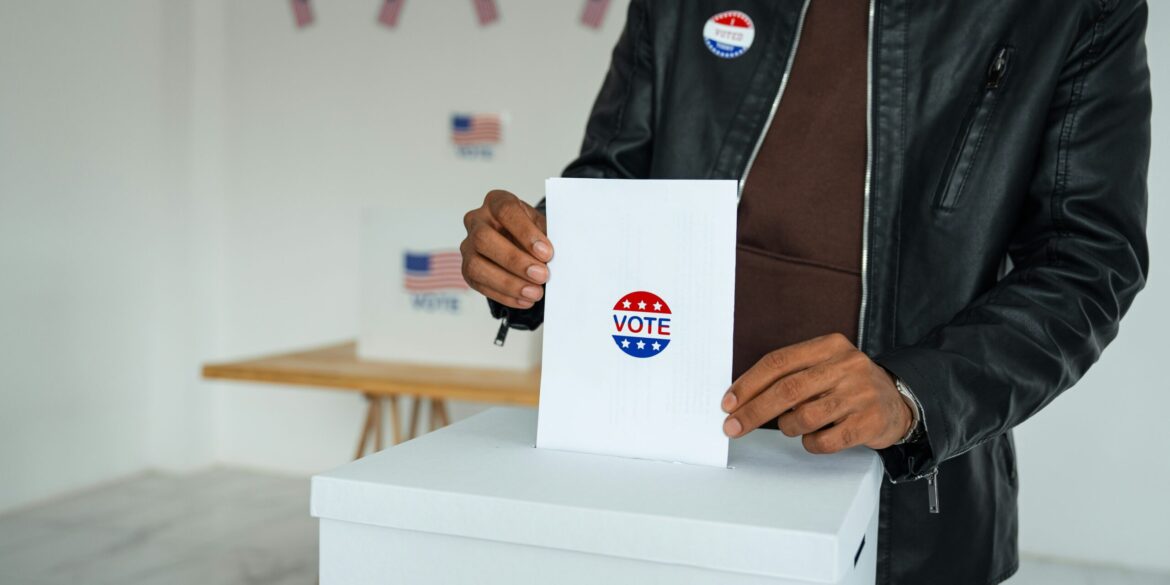In a historic move, the U.S. Senate has passed a sweeping bill aimed at safeguarding voting rights across the country, marking a significant step in the ongoing battle to protect democratic participation. The legislation, supported predominantly by Democratic lawmakers, comes in response to a wave of restrictive voting laws that have been enacted by several states in recent years. These laws, critics argue, disproportionately affect minority communities and suppress voter turnout, particularly among African American, Latino, and young voters.
The new bill includes several key provisions designed to make voting more accessible for all Americans. One of its most notable features is the expansion of early voting and absentee ballot options, which proponents believe will provide more opportunities for people to cast their ballots, particularly in underserved communities. Additionally, the legislation mandates stricter oversight of voter ID laws, which have been criticized for creating unnecessary barriers for voters who may not have access to the required identification. The bill also limits the use of partisan gerrymandering in congressional districts, a practice that has been used to manipulate election outcomes by drawing district lines in a way that favors one party over another.
The passage of this bill represents a major victory for those advocating for voting rights reforms, though it has been met with fierce opposition from Republican lawmakers. Many Republicans argue that the federal government should not interfere with state-level voting laws, viewing the bill as an overreach that undermines states’ rights to manage their own elections. The bill’s opponents also claim that the measures proposed in the legislation are unnecessary and could lead to increased opportunities for voter fraud, although studies have consistently shown that voter fraud remains extremely rare in the U.S.
Supporters of the bill, including civil rights organizations and voting advocacy groups, argue that the new measures are necessary to counteract the growing trend of voter suppression. In recent years, numerous states have enacted new voter ID requirements, reduced the number of early voting days, and made it more difficult to vote by mail—all of which critics say disproportionately impact minority groups. These actions, supporters of the bill contend, are part of a larger, coordinated effort to disenfranchise voters who typically lean Democratic, particularly African Americans, Latinos, and younger voters who have historically supported progressive policies.
“The right to vote is the cornerstone of our democracy, and this bill will ensure that all Americans, regardless of their race, ethnicity, or background, have an equal opportunity to cast their ballots,” said Senate Majority Leader Chuck Schumer. “We cannot allow state-level restrictions to undermine the foundation of our democratic system.”
The legislation has also gained widespread support from voting rights groups, who argue that expanding access to the ballot box is essential to ensuring fair and representative elections. Organizations such as the American Civil Liberties Union (ACLU) and Fair Fight Action have praised the bill for addressing some of the most egregious voting restrictions passed at the state level, including laws that require strict voter identification and limit mail-in voting options.
However, the bill’s passage in the Senate is just the first step in a potentially lengthy legislative battle. The legislation will now move to the House of Representatives, where it will likely face additional scrutiny and potential amendments. While the Democratic-controlled House is expected to pass the bill, it will face a much more difficult path in the Republican-majority Senate, where several key Republican senators have already voiced their opposition to the measures.
Despite the political challenges ahead, proponents of the bill remain optimistic that it will ultimately lead to meaningful changes in the way elections are conducted in the U.S. They argue that ensuring equal access to voting is crucial for maintaining the integrity of the democratic process, particularly as efforts to suppress votes continue to spread across the nation.
The issue of voting rights has become one of the most contentious topics in American politics in recent years, with partisan divisions deepening over how to ensure that all citizens can participate in the electoral process. As state-level voting restrictions continue to emerge, the passage of this bill could mark a critical turning point in the ongoing struggle to protect the right to vote for all Americans, regardless of their race or political affiliation.

